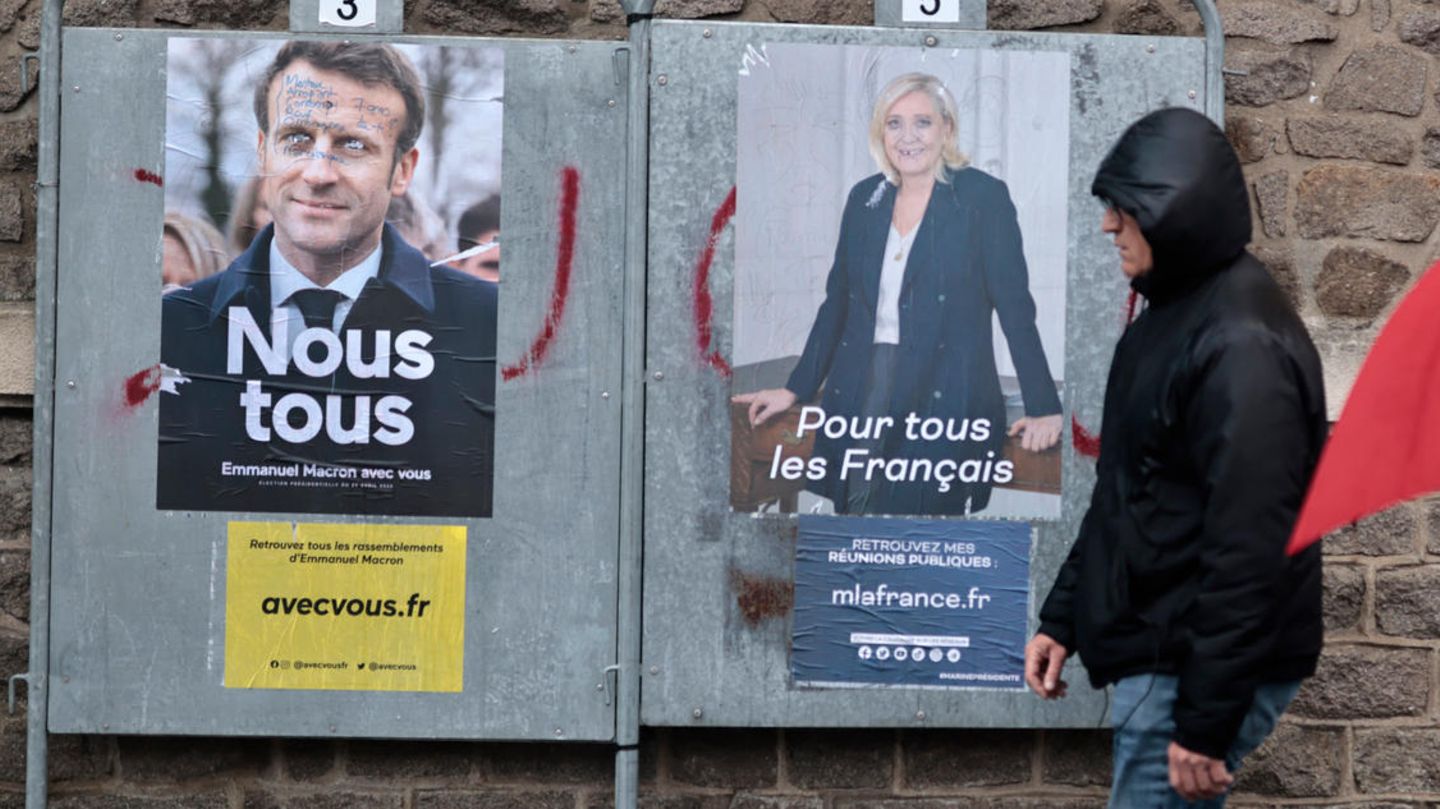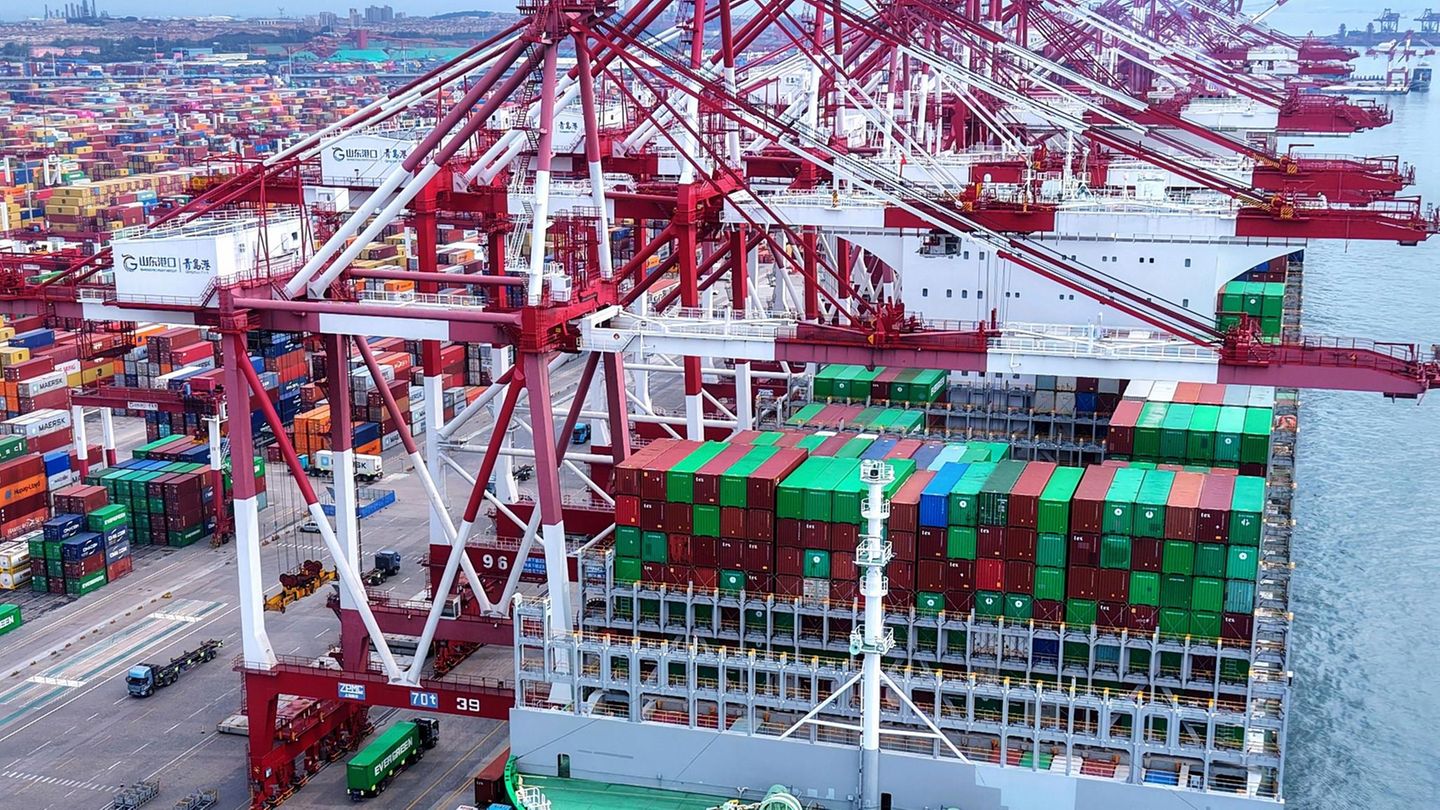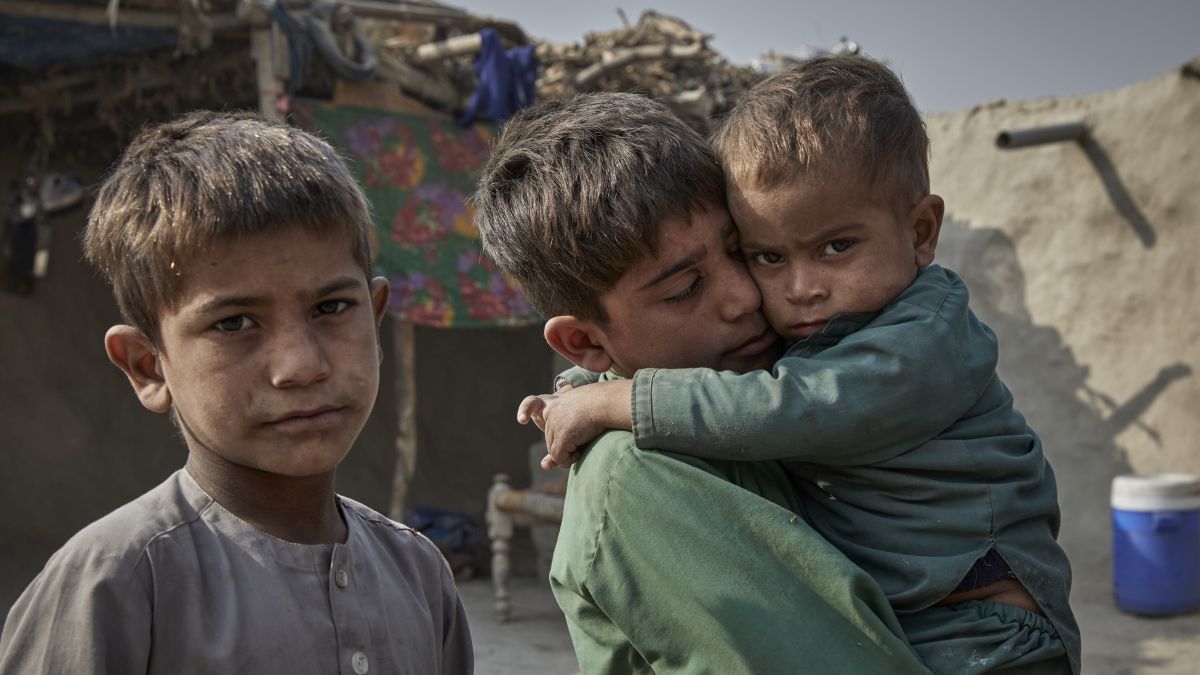France is in the final race for the presidency. Those entitled to vote decide whether to continue with incumbent Emmanuel Macron or whether the right-wing Marine Le Pen will become head of state.
In France, the decisive round of the presidential election has started. Around 48.7 million registered voters can vote between the liberal head of state Emmanuel Macron and his right-wing challenger Marine Le Pen on Sunday. The result will point the way for France’s politics in the years to come.
Two weeks ago, Macron and Le Pen prevailed in the first round of the election against ten other candidates for the highest state office. Since then, they have tried to win people over, especially in the camp of third-placed left-wing politician Jean-Luc Mélenchon. For this, Macron once again emphasized the issue of climate protection.
Participation in elections in France down by midday
Polls recently put the current head of state ahead with 55 to 56.5 percent. In the first round he had already won more votes than the right-wing Le Pen. The outcome is still uncertain. In the final round of the presidential elections in France, the candidate who finished second in the first round repeatedly won. A decisive question for the final duel was which of the two would succeed in getting even frustrated voters to the polls.
A good quarter of the voters cast their votes by noon. The Ministry of the Interior gave the voter turnout as of 12 noon at 26.41 percent. That was slightly above the turnout of 25.48 percent at the same time in the first round of voting two weeks ago. Turnout has declined compared to the presidential election five years ago, when Macron and Le Pen also faced each other in the runoff. At that time, more than 28 percent had cast their vote by noon.
Le Pen voted in Hénin-Beaumont near Lille in northern France in the morning. Macron cast his vote at noon in the northern French seaside resort of Le Touquet-Paris-Plage.
Pro-European Macron or EU critic Le Pen?
Le Pen, who campaigned for a more moderate and bourgeois image, is back with some extreme demands. For example, she wants to have preferential treatment for French people over foreigners enshrined in the constitution, for example with regard to social benefits and access to housing. Numerous parties, eliminated candidates and social groups therefore called for voting with one vote for Macron against Le Pen in the decisive final round.
Such a Republican front had already existed in 2017 and before that in 2002. At that time, Le Pen and her father and right-wing extremist party founder Jean-Marie Le Pen were clearly inferior to their opponents. In the meantime, however, the cross-camp and cross-party alliance seems to have been weakened.
Brussels and Berlin are also watching the election with excitement. In contrast to the pro-European Macron, Le Pen wants to distance himself from Germany and fundamentally change the European Union. You have in mind, for example, the prerogative of national law over EU law. Macron’s re-election was seen as a guarantee of stability and continuity in relations with France.
The French President is elected for five years. He has a significant influence on the country’s politics and often plays a more important role than the prime minister and head of government he appoints.
Polling stations are open until 7 p.m. in France and 8 p.m. in some places. Because of the time difference, some French overseas territories, such as the Caribbean, voted on Saturday.
Source: Stern
David William is a talented author who has made a name for himself in the world of writing. He is a professional author who writes on a wide range of topics, from general interest to opinion news. David is currently working as a writer at 24 hours worlds where he brings his unique perspective and in-depth research to his articles, making them both informative and engaging.




